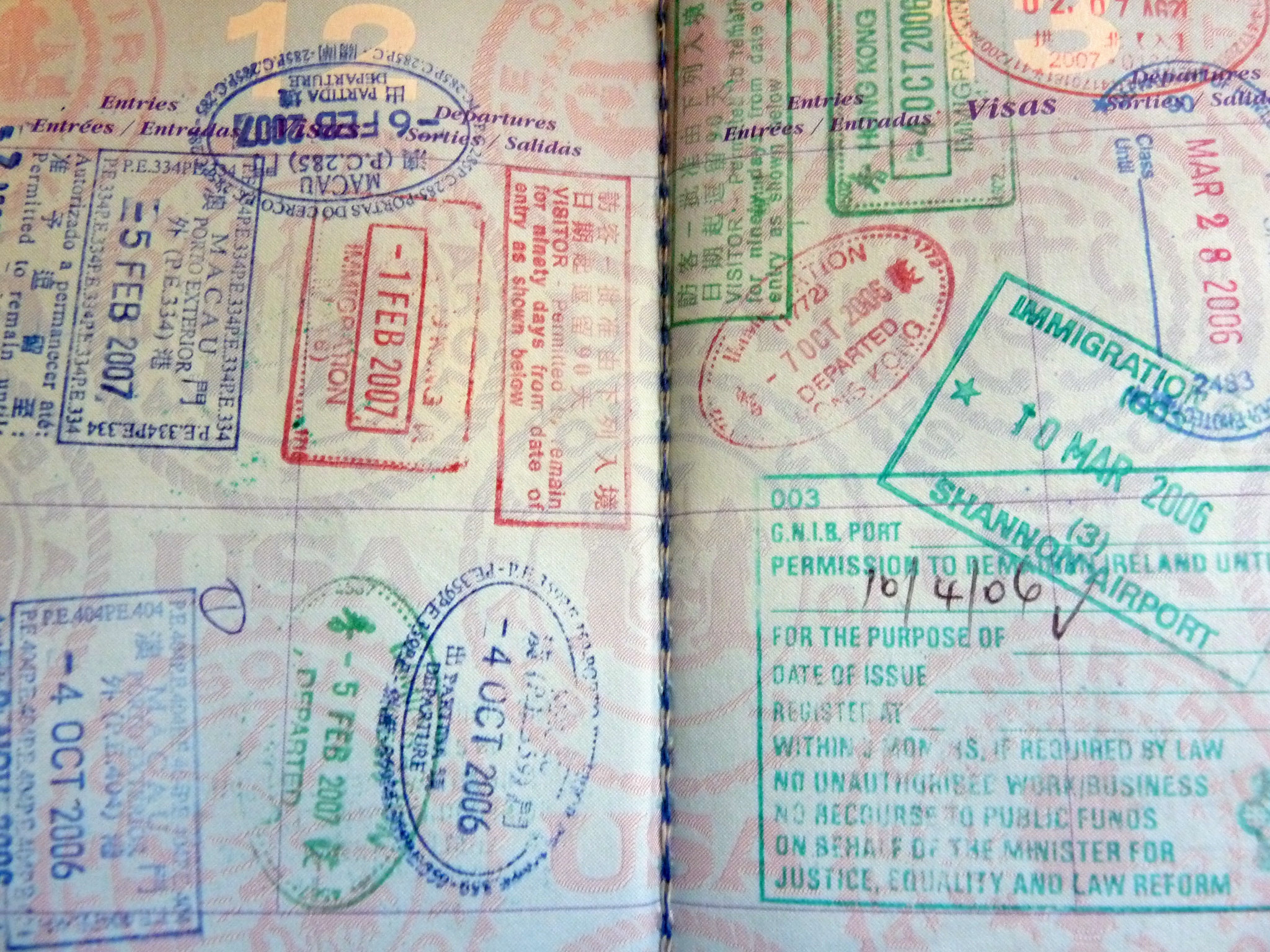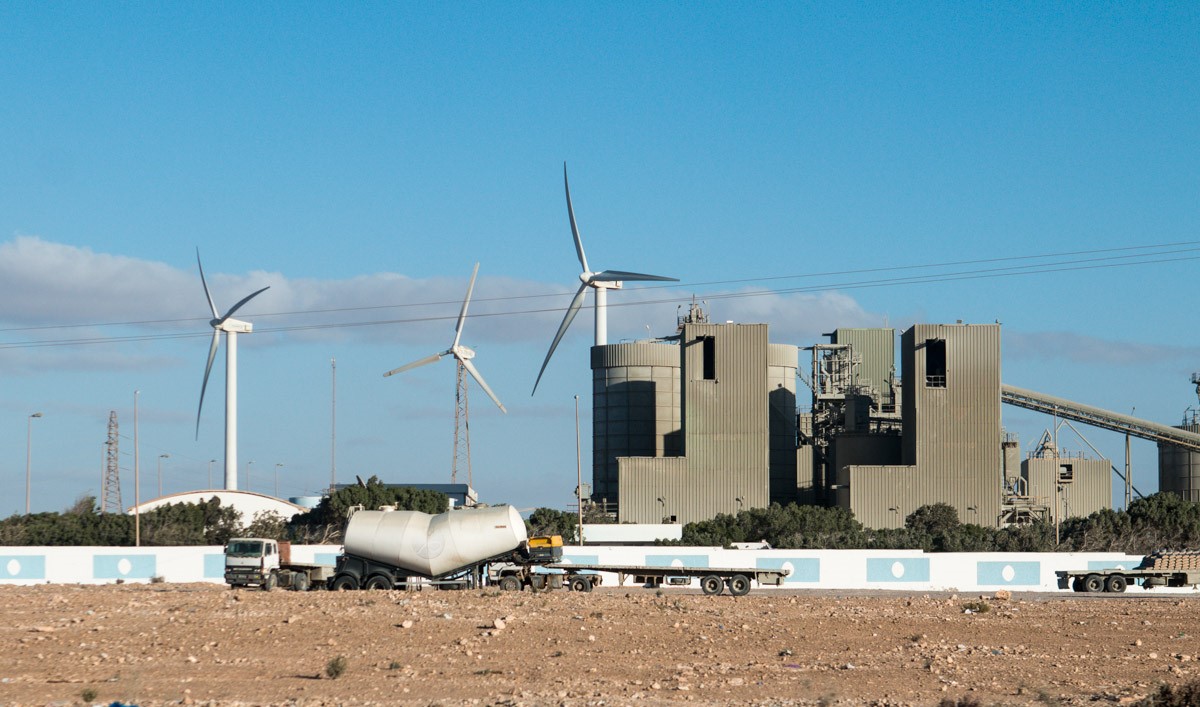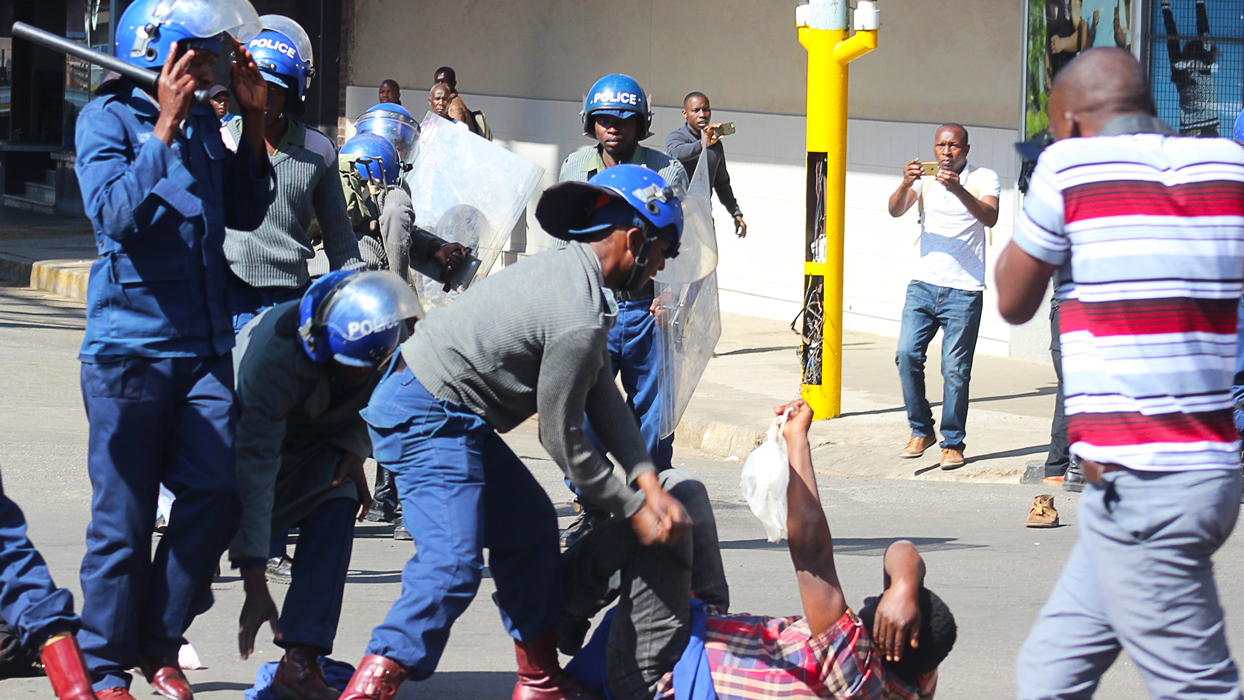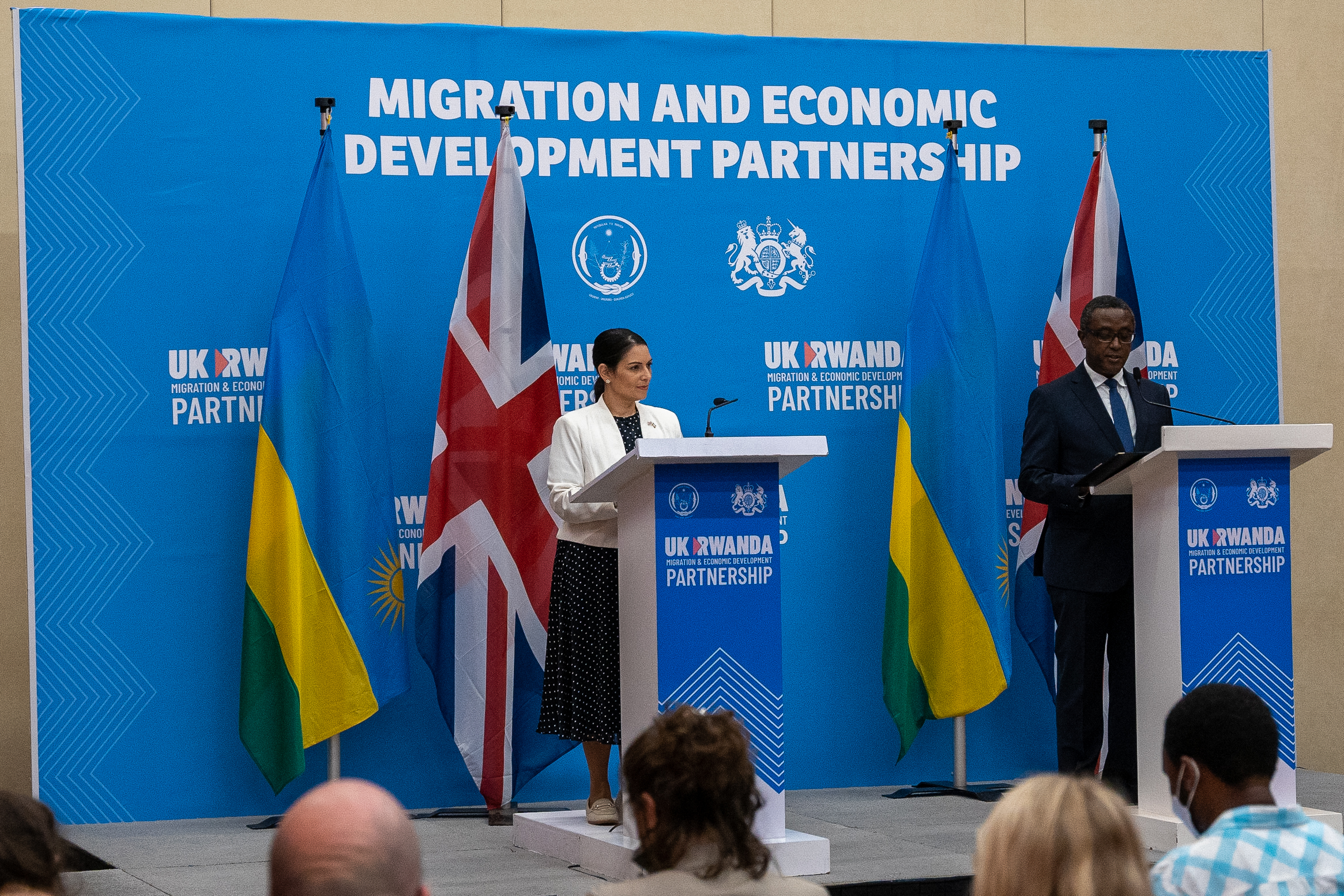Ahead of the signing of the new Samoa Agreement with African states, the European Commission’s selective approach to human rights in the Middle East has diminished its global standing, writes Mark Langan and Sophia Price.
On 13 October, Ursula von der Leyen visited Israel and spoke in support of Israel’s right to defend itself. The President of the European Commission’s refusal to condemn the cutting off of water and electricity to people in Gaza – or to challenge Israel’s aerial bombardment of civilian homes and infrastructure – has undermined Europe’s ability to persuade African partners to respect and implement human rights norms.
In November, the EU will sign a new political cooperation framework tentatively named the Samoa Agreement with the Organisation of African, Caribbean and Pacific States (OACPS). The Agreement formalises cooperation between the blocs on shared political objectives based on six pillars i) human rights and good governance; ii) peace and security; iii) human and social development; iv) inclusive growth; v) environmental sustainability; and vi) migration.
There are 118 references to human rights in the new treaty. Under the first pillar on human rights and good governance, the parties explicitly ‘agree that respect for human rights, democratic principles and the rule of law shall underpin their domestic and international policies’. Under the second pillar on peace and security, the parties seek to minimise the impact of conflict upon civilians by taking ‘suitable action in a coordinated way to prevent an intensification of violence, to limits its territorial spread and to facilitate the peaceful settlement of disputes’.
Providing resources for joint cooperation, Europe’s new global aid delivery mechanism – the Neighbourhood, Development and International Cooperation Instrument (NDICI) – similarly has human rights embedded into it. The European Commission states that “a human rights based approach… shall be consistently integrated within NDICI-Global Europe.” It explains its financial support for human rights in the Global South in explicit terms: “human rights and democracy, founding values of the European Union (EU), are a cornerstone of EU’s external action. The international human rights framework sets norms and standards for everyone in all cultures, with no exception.”
It is in this context that the President of the European Commission’s “lack of balance” in failing to condemn the mounting evidence of the Israeli government’s war crimes in Gaza, will cast a shadow over Europe’s new treaty with African countries, and undermine the EU’s normative power on human rights. Not only does the EU Commission’s response to Gaza shine a harsh light on Europe’s selective approach to the application of human rights in the Global South, but it also poses the question of which peoples are deemed by Europe to be worthy and unworthy of basic dignity and respect for life.
Exacerbating Europe’s credibility crisis, the Commission’s failure to defend the human rights of Palestinians – a highly racialised population in the Global South – comes when broader questions have been raised about the racialised politics at the heart of EU external relations. On a recent visit by von der Leyen to Tunisia with far right Italian Prime Minister, Giorgia Meloni, the Commission President promised millions of euros to an increasingly authoritarian regime to stem the movement of refugees to European shores. Europe has also provided funding to Libya, which has been accused of widescale abuses of migrants by coast guards and in detention centres.
The EU’s failure to defend the rights of Palestinian civilians and refugees to Europe, raises the question of what exactly are ‘European values’? Can they truly reflect a commitment to universal human rights as enshrined within the United Nations charter when the Commission appears to take a selective and hierarchical approach to humanity?
Perhaps surprisingly, the loudest voice of reason amid both the Tunisia migration deal and the Gaza crisis has been the EU’s Foreign Chief, Josep Borrell. Despite his racialised depiction of Europe as a ‘garden’ at threat from a nearby ‘jungle’, he has challenged President von der Leyen’s financing of authoritarian regimes and has called for Israel to respect human rights in its response to Hamas attacks.
His calls for restraint and European self-reflection, however, are not likely sufficient to salvage Europe’s reputation in Africa. The Commission will now find it extremely difficult to press its partners to adhere to the Samoa Agreement’s human rights clauses in the face of its own response to the Gaza conflict.
How can Europe, with any credibility, raise concerns about the weaponisation of access to food, medicine, and electricity as it has done in regards to the Ethiopian Government’s treatment of civilians in Tigray province when it has failed to criticise similar treatment of civilians in Gaza? How will Europe be able to speak with any authority on the rights of the child, when so many Palestinian children have died, without wholesale condemnation by the EU?
There is already criticism from African countries about the EU’s Eurocentrism and racialised foreign policies. These debates will now be fuelled by the Commission’s selective application of human rights norms in the Middle East. Civil society groups and Heads of Governments within the OACPS are already vocal about the need to decolonise EU external relations and to seek reparations for past violations of human rights by European states enacted through colonial expansion and slavery. Europe’s response to the conflict in Gaza will likely amplify these critical debates.
The EU’s response to Gaza threatens to fundamentally undermine its long-term standing in Africa. This comes at a time when the EU’s position in the continent is facing extreme geopolitical competition from a range of powers, including Russia and China. The signing of the Samoa Agreement will now be remembered as the moment that Europe called upon African partners to embark on a new partnership underscored by strategic pillars on human rights and peaceful resolution of conflict while taking a selective approach to the rights of people in Israel and Palestine. It may well prove to be a decisive moment for the future of EU-Africa relations.
Photo credit: scottgunn used with permission CC BY-NC 2.0 DEED






This is a most welcome analysis. At a time when the EU Commission displays such contradictory actions by condoning the massacre of civilians women n children in Israel n condoning violation of human rights of Palestinians it is only proper for ACP member states to question n express reservations on signing of the Samoa Agreement.
P.I. Gomes former SG of OACPS.